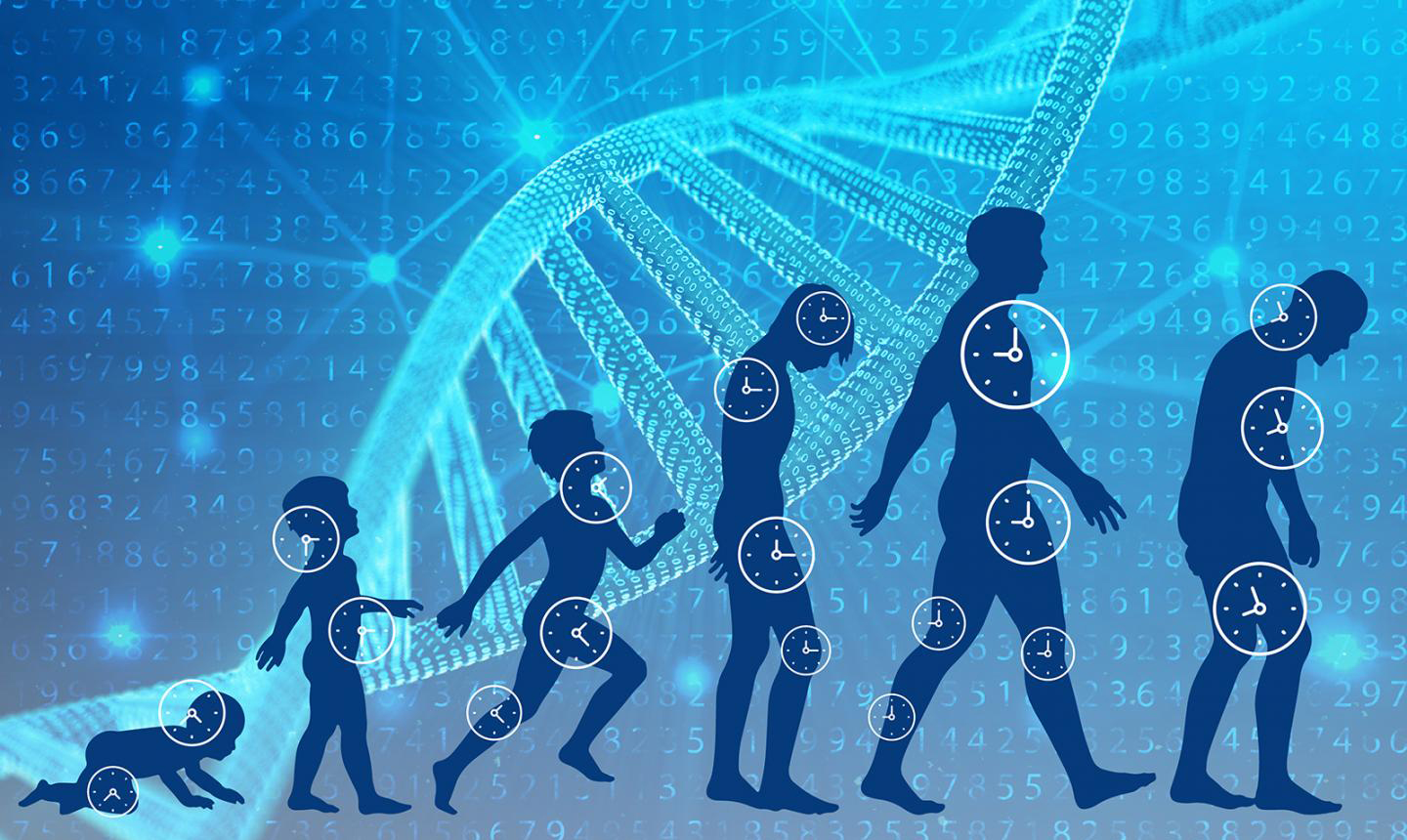Determination of biological age and human lifespan with artificial intelligence
It is thought that there is a strong correlation between the age predicted by artificial intelligence for healthy people and the individual’s biological age and calendar age.
In its report, Euronews announced that an artificial intelligence model has been developed that can read the results of a chest test to determine a person’s biological age.
Emphasis was placed on this news: A new study shows that artificial intelligence can predict the true age of a healthy person through chest X-ray.
Researchers at Osaka Metropolitan University in Japan found that the higher the age predicted by artificial intelligence compared to people’s actual age, the more likely people are to develop a chronic disease.

Yasuhito Mitsuyama, one of the authors of this study, says:
“The results of our experiments show that apparent age based on chest radiography can better predict a person’s health status than their chronological age.”
He added: “We plan to develop this research further and use it to predict the severity of chronic diseases, life expectancy, and possible complications of surgeries.”
To create an AI model that can read a chest X-ray or X-ray, the researchers collected more than 67,000 chest X-rays from healthy people and more than 34,000 from patients with known diseases between 2008 and 2011. used.
It is thought that there is a strong correlation between the age predicted by artificial intelligence for healthy people and the chronological age of the individual.
They found that the predictive AI model showed a greater age compared to the person’s actual age for certain chronic diseases, such as hypertension, chronic obstructive pulmonary disease, liver disease, lung disease, and chronic kidney failure.
However the scientists said there is little correlation between the estimated age and the person’s actual age in acute illnesses such as pneumonia infections.
“This result means that our AI is focusing on chronic health problems of the person rather than temporary problems with the chest X-ray,” the study authors wrote in their paper. “This makes sense because aging is caused by chronic problems that build up over time.”
The researchers say this artificial intelligence model could be used as an indicator for early medical intervention as well as the diagnosis of age-related diseases.
Of course, more work is needed to confirm causality and compare AI models with other indicators of biological age.
The new research results were published in the scientific journal “The Lancet Healthy Longevity.”

